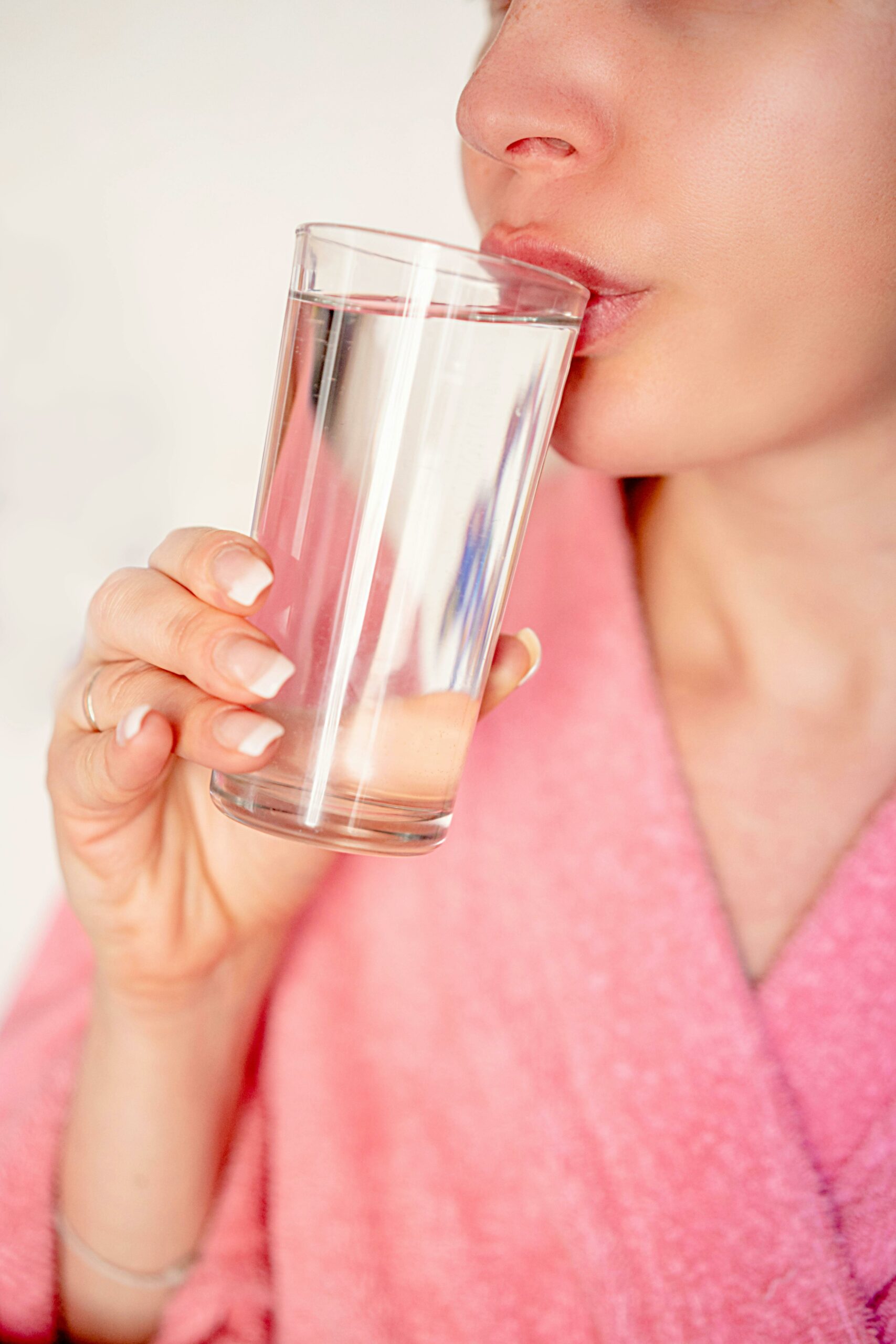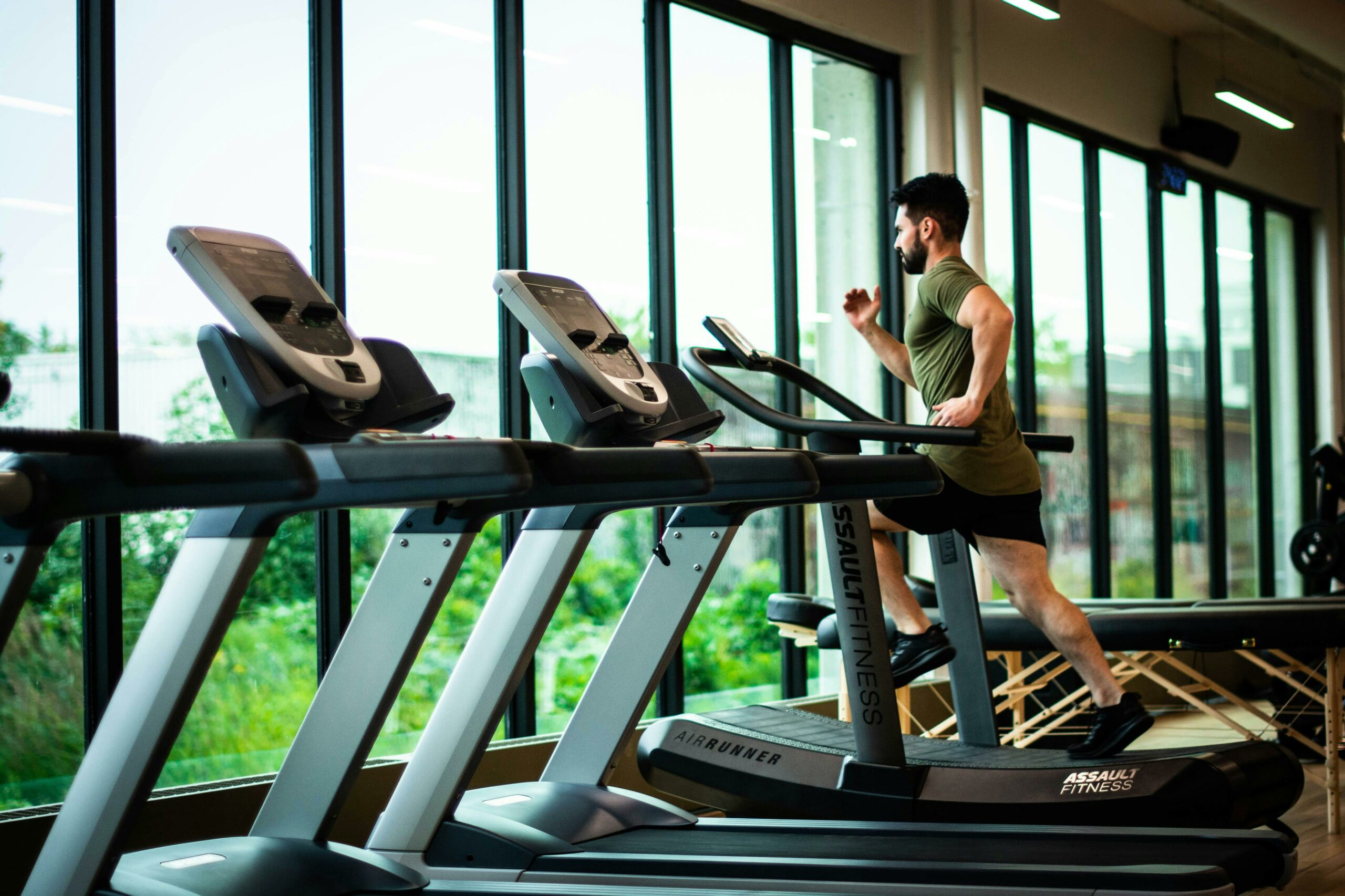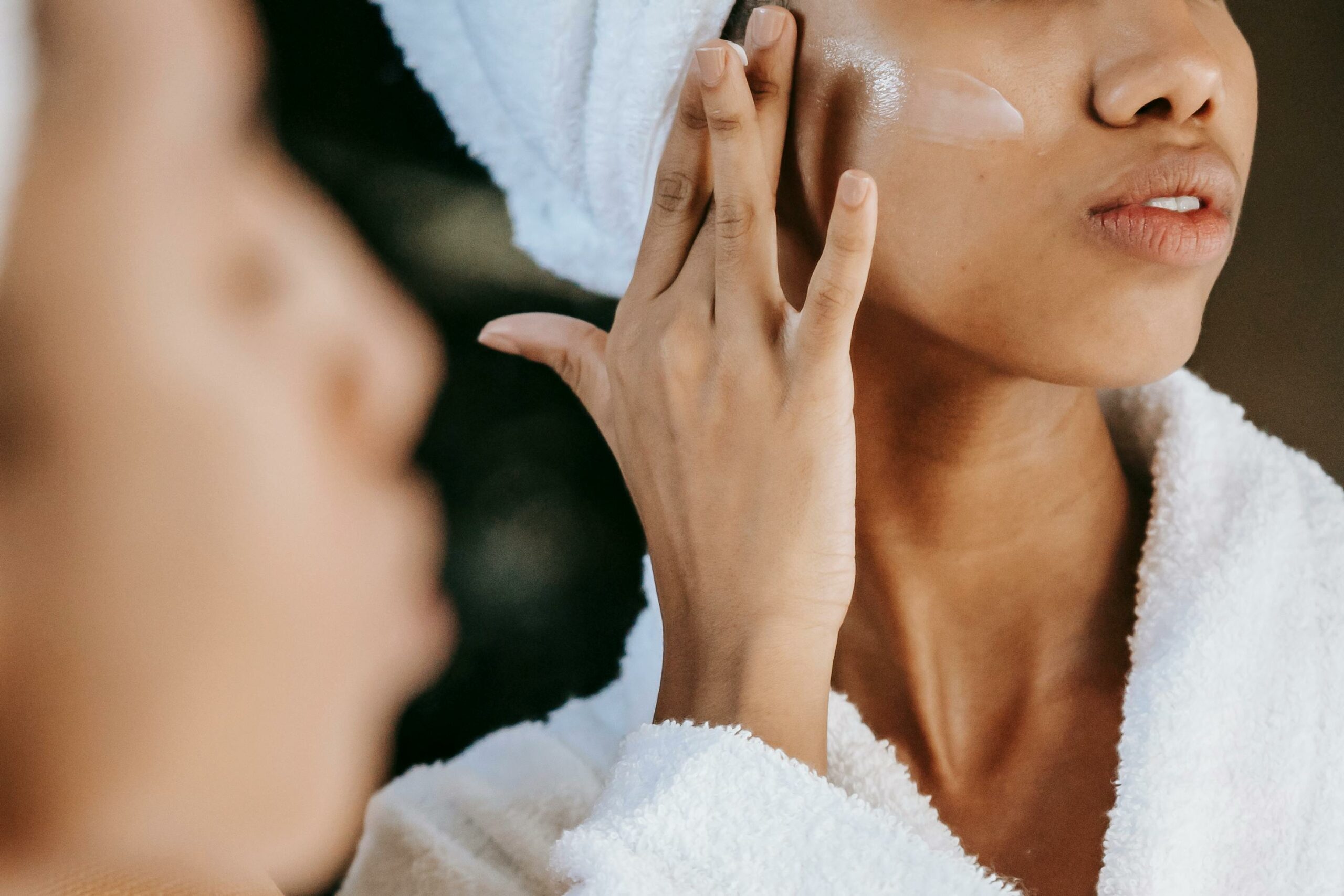Sleep is vital to keeping our bodies healthy, as good, regular nighttime sleep has been linked repeatedly to a lowered risk of chronic health issues. However, as we sleep, bacteria also have a chance to build up and cause plaque, tartar, and cavities without us knowing it.
Additionally, those who grind their teeth during sleep can damage them before they wake, leading to enamel loss and even tooth fractures.
To prevent this damage to your oral health, consider what you may be doing before, or while you sleep that negatively impacts the health of your gums and teeth.

Uncover the Overnight Actions Harming Your Oral Health
Neglecting to Brush and Floss Before Sleep
Most dentists recommend brushing your teeth at least twice a day, while others may recommend brushing three or more times. In any case, brushing and flossing once right before sleep is essential to help remove food debris and bacteria from your mouth.
As we sleep, our bodies naturally produce less saliva, making it difficult for the mouth to wash bacteria and debris away naturally.
This makes it easier for bacteria to thrive and create plaque on the teeth and gums, which later becomes tartar, which causes periodontal diseases when not addressed.
Consuming Alcohol Before Bedtime
Alcoholic drinks are usually high in sugar content, and bacteria are attracted to sugar, so it makes sense that drinking alcohol can bring extra bacteria to the teeth and gums.
On top of that, alcohol tends to dry the mouth, leading to even less saliva production in your sleep than usual. In turn, drinking alcohol, especially before bed, is linked to a high risk for tooth decay and gum disease.
Snacking Late at Night
While it is perfectly fine to have a snack before bed, eating after brushing your teeth and before going to sleep is not always a good idea.
Remember, brushing and flossing remove food debris in your teeth, and leaving any debris in the mouth while sleeping can open the door to bacterial growth.
Teeth Grinding (Bruxism)
Most people grind their teeth due to so in their sleep, and because of this, they may not always realize they are doing it. Teeth grinding can usually be identified after waking, though, if you have a sore jaw, experience increased tooth sensitivity, or have pain in the face.
Teeth grinding, also known as bruxism, can cause injury to your oral health during sleep since it puts excess pressure on the teeth.
This pressure can lead to tooth chipping or cracking, plus it can weaken the enamel of the teeth, which protects you from tooth decay.
Sleeping with Your Mouth Open
Many people are prone to sleeping with their mouths open, but this behavior can cause chronic dry mouth. Chronic dry mouth is linked to a risk of tooth enamel loss, fungal infections of the mouth, gum disease, and cavities. In addition, people with a history of dry mouth often find it more difficult to eat and speak.
Sleeping with Dentures
It is recommended that anyone who wears dentures always be removed during sleep. This is because sleeping with dentures can block saliva glands, creating inflammation and infection in the gums.
If you sleep with dentures, you can also elevate your risk for gum disease since bacteria can accumulate between the gums and the dentures overnight.
Wearing dentures at night can also negatively impact the bones of the face and jaw since dentures can put extra pressure on these bones, causing bone density loss or fractures.
How to Protect Your Teeth at Night
Maintain Good Oral Hygiene
Everyone should brush and floss their teeth before bed, and it’s best to brush at a 45-degree angle for the best results.
You should also be sure to brush in small circular motions to cover every one of your teeth and floss in between all of your teeth to remove extra debris that brushing can’t reach.
Use a Night Guard
If you have bruxism, using a night guard is the best way to prevent oral injury or disease due to teeth grinding. When you use a soft or hard night guard for teeth-grinding, you protect your teeth from chipping or cracking and stop grinding from damaging your enamel.
Keeping your tooth enamel lowers your risk for many periodontal diseases.
Limit Acidic Foods and Drinks
Acidic foods and drinks can wear down the enamel on your teeth, so it’s best to avoid them as much as possible at any time of day.
These types of food and drink can also slow down saliva production, leading to a dry mouth day and night.
Don’t Eat Right Before Bedtime
Ensure you always brush and floss your teeth right before bed, and do not eat or drink anything other than water afterward.
This will prevent debris from getting stuck in the teeth while you sleep, which is what bacteria live on in the mouth.
Avoid Excessive Alcohol and Tobacco Use
Alcohol is an acidic, often sugary drink that can damage tooth enamel when used excessively. Similarly, tobacco can negatively impact your oral health by not only staining the teeth but also damaging the enamel and gums; it is also often linked to oral cancers.
Try to limit your alcohol intake and always brush your teeth after drinking, specifically before going to bed. As for tobacco use, quitting is the best benefit you can give to your oral health. Consider using nicotine replacement therapy to help you stop, and if you cannot stop, try to limit your use as much as possible.
Wrapping Up
Every time we sleep, our oral health is put at risk. Since bacteria in the mouth and conditions like bruxism tend to worsen at night, it’s important to evaluate our habits and make the best choices for our oral well-being.
Next time you get ready for bed, brush and floss correctly before sleeping.
FAQs
What happens to teeth during sleep?
During sleep, the body produces less saliva, making it easier for bacteria to settle on the teeth. This can cause plaque and tartar to build up if you do not practice good oral hygiene before bed.
Are night guards effective?
Night guards are effective at protecting the teeth from injuries or diseases that result from teeth grinding. While a night guard does not stop teeth grinding at night, it prevents oral injuries and tooth enamel loss.
Does sleep position affect teeth?
The position you sleep in does not necessarily affect your teeth, though, for people who grind their teeth, sleep position can affect how much you grind your teeth at night. Typically, those who sleep on their stomach or with a hand under their head are more likely to grind their teeth more often.






